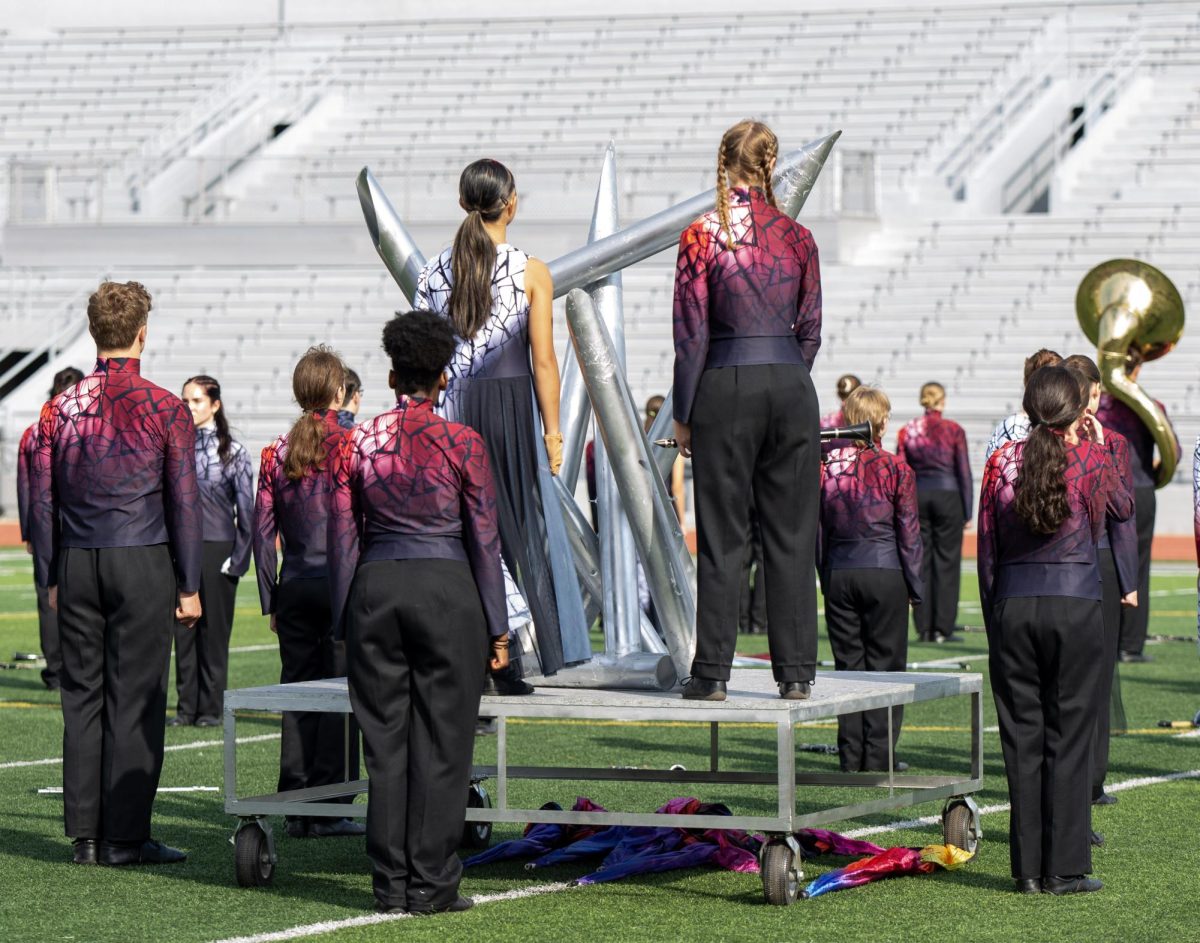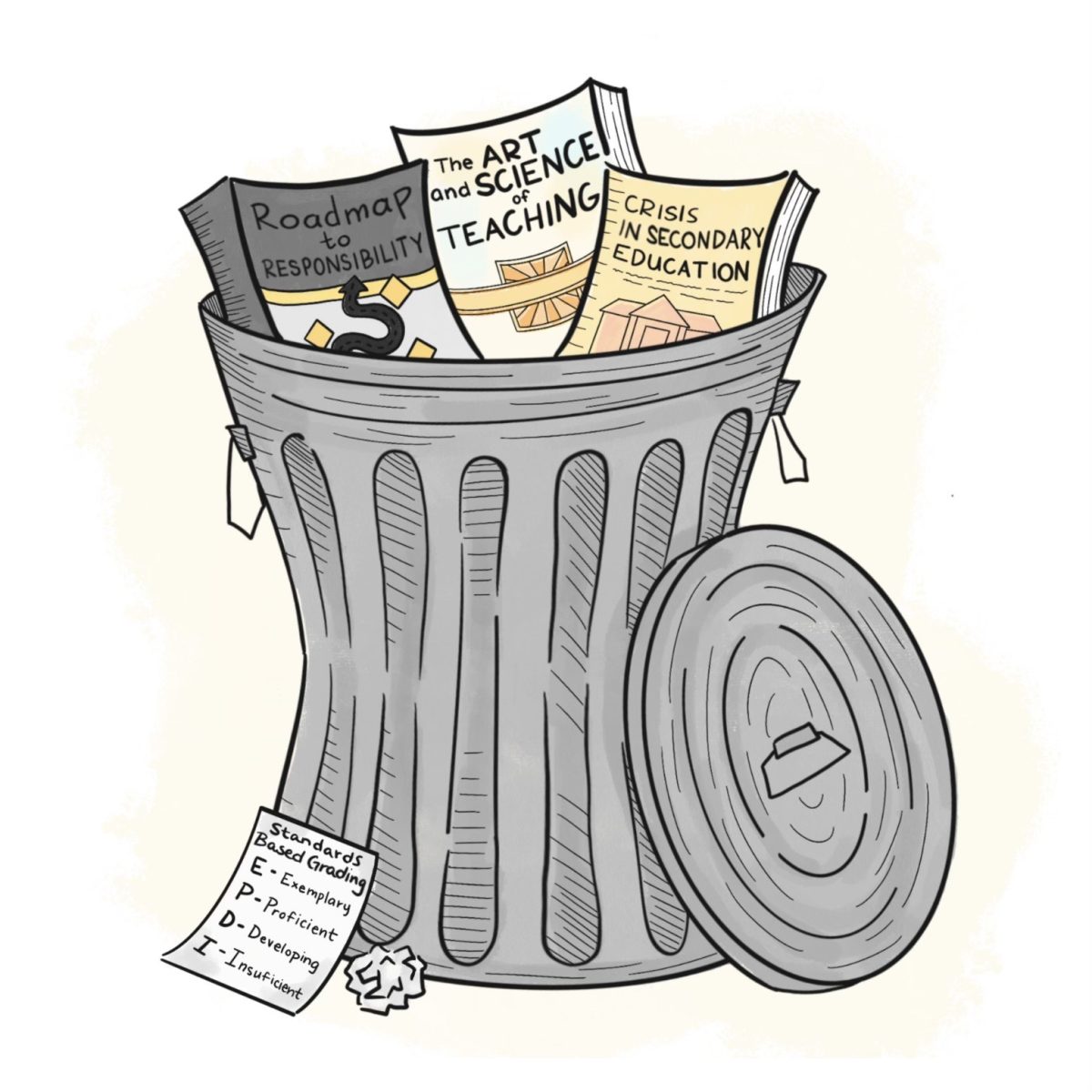During the 2022-2023 school year, over 22.6% of enrolled Iowa students were considered chronically absent. To address this issue, Iowa has implemented Senate File 2435, enacting a new attendance policy effective July 1, 2024.
If a student misses 10% of school in a semester—eight full days—the district must inform the county attorney and tell the families. Once a student hits the 15% mark, the district has to devise a plan to stop more absences, and if students reach 20% of missed school, they’re officially considered truant by law. Then the county attorney gets a heads-up and will make sure the student has to attend.
The new policy has specific guidelines for excused and unexcused absences. The policy does not excuse absences such as family vacations, car trouble, vehicle accidents, or parent-excused absences without a doctor’s note. Students also cannot be excused by their parents for religious service or educational opportunities, however, it does excuse school-based activities such as attending community college courses, CTE placements, school-directed or supervised activities like leadership retreats, class trips, and performances.
The attendance policy does not apply to in-school suspension, youth shelter, and detention center stays, those medically homebound or with a medical excuse but still completing work, participating in state athletic competitions, show choir or art shows, and watching classmates in school-based activities.
“A strict attendance policy helps keep students on track with their learning and overall academic performance by ensuring they’re consistently in class,” Kennedy Spanish teacher Dustin Malec said.
“I think a very strict attendance policy can be inequitable, harming lower-income students who need to work an outside job, may be responsible for transporting younger siblings to their schools, or are housing insecure,” Kennedy English teacher Michelle Frye said.
According to the Senate File, students who miss school for “legitimate” reasons may struggle to catch up, affecting their grades and overall learning.
“I’m concerned with not tracking the number of times students miss school for school sports and activities,” French teacher Jennifer Lange said. “I have students I don’t see for more than a week because they’re involved in sports, leadership, student government, and these [absences] are all excused. Infinite Campus doesn’t reflect any absences like these; to me, these are absences and should be recorded.”
The policy’s lack of repercussions for school-sponsored events poses an issue when teachers must enter grades and a student needs to take the initiative to make up for missing work.
“When a parent wants to know why X got zero on a quiz or has a low score, it isn’t immediately obvious it’s because of attendance when Infinite Campus doesn’t record it as an absence,” Lange said.
Lange continues that a downside of this new policy is that if a student is sick, they feel pressured to come to school because of the new policy, or have concerning health issues or family problems that can’t be excused.
“It’s stressful for diligent students who have legitimate reasons for missing school; they’re the kids who do their assignments regularly, and while going on vacation this one time is great, it caused them issues with the new attendance policy,” Lange said.
This new policy has been implemented to address chronic absenteeism amongst students and families in Iowa. While some educators support this policy, with its positive impact on student performance and class participation, some teachers have concerns about its effects on low-income families and how it might be a challenge for students with legitimate reasons for missing class.
While this new policy may help some students improve their grades and class participation, there are potential downsides. Families may feel pressured to send children to school when they’re not fully recovered from illnesses, potentially spreading them to others, and families that cannot afford a 75-dollar copay every time their child has a fever have no other options. Strict policies may not account for unexpected family situations that require a student’s absence and disproportionately affect lower-income families.
“I think a very strict attendance policy can be inequitable,” Frye said. “Harming lower-income students who need to work an outside job, may be responsible for transporting younger siblings to their schools.”



























